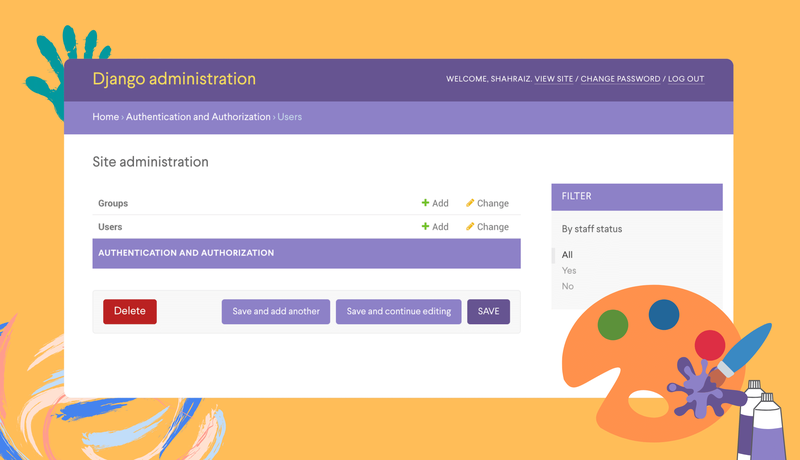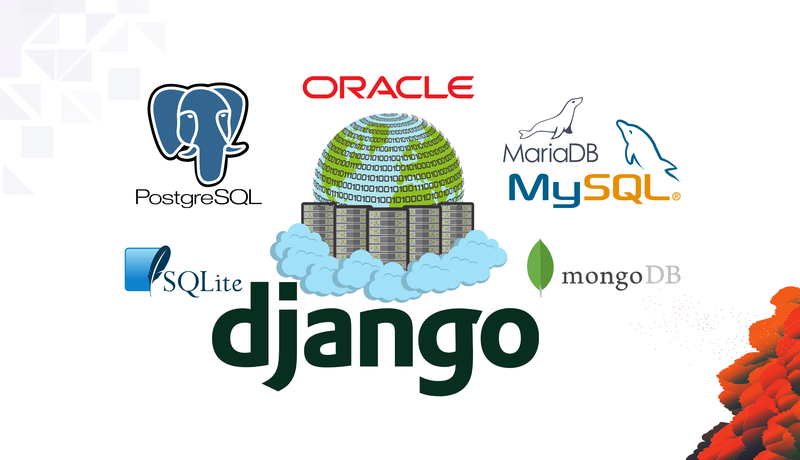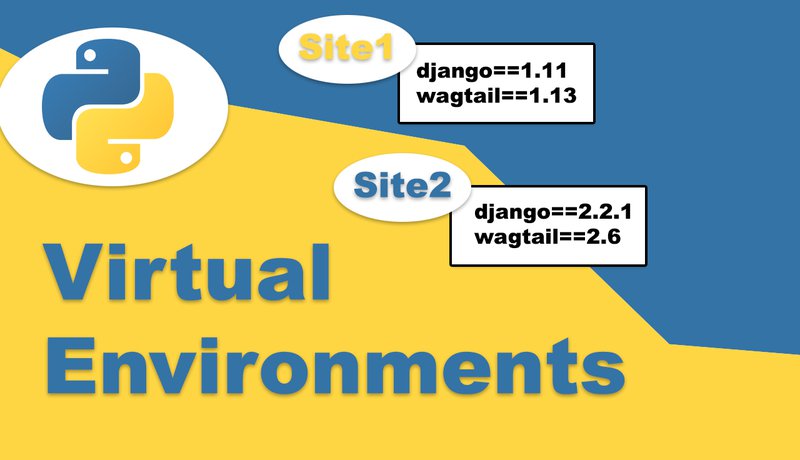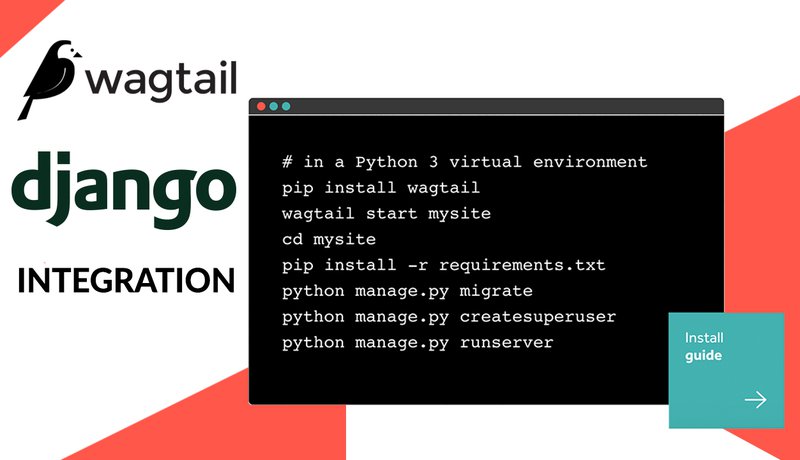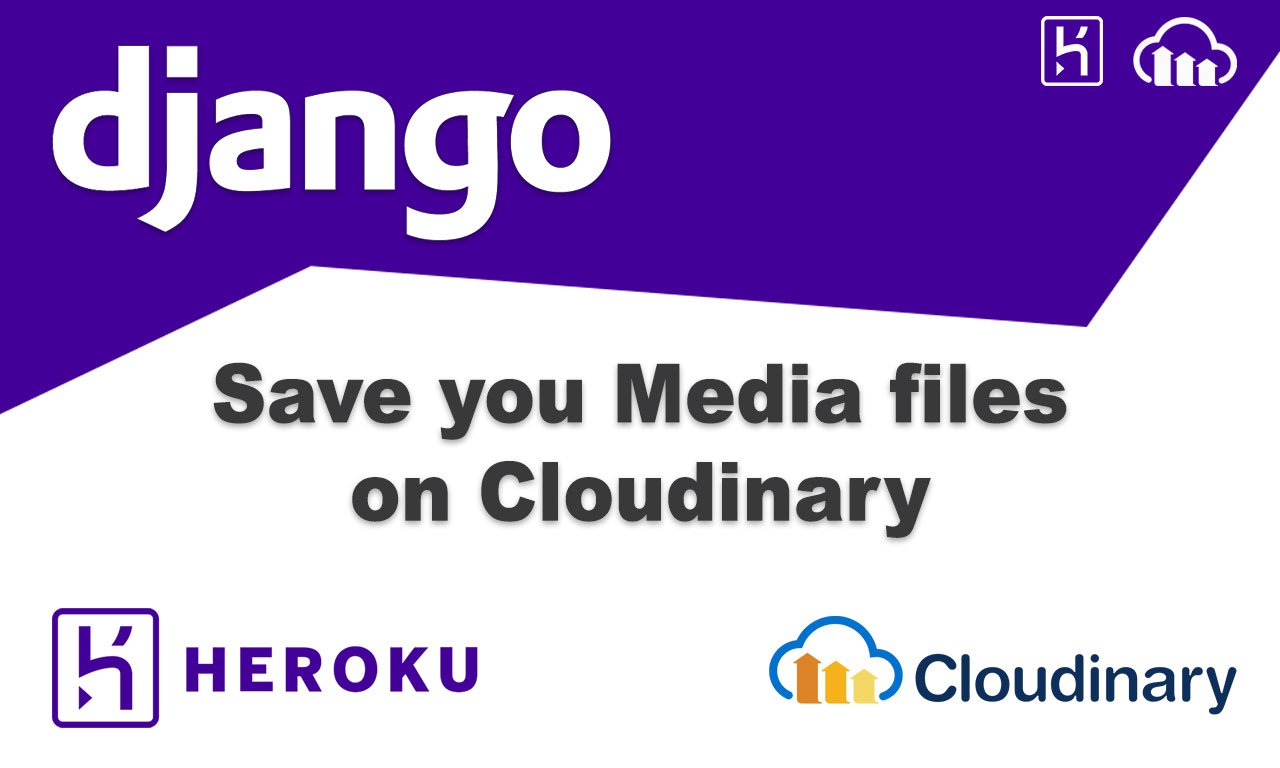
Heroku Django store your uploaded media files for free

If you have a question that "How to keep your uploaded media files saved on Heroku for a Django application?" for free and that too without S3 you are at right place... 😀
Heroku is a great hosting provider especially for Django based projects I really like it. But the issue we face is that we choose maybe free dyno or use Hobby most of the time for smaller projects now coming to issue which is that whenever we store/upload an image and as soon as the server restarts the uploaded media files are gone which can cause alot of confusion how that happened and where are these files gone.
Heroku explains in its documentation here why it happens in a very complicated language but in short you cannot store your media or dynamic stuff which if uploaded after the deployment. On every refresh heroku delete uploaded media files and place the fresh deployed copy of code.
Couple of solutions they propose:
- Use S3 (An amazon service which lets you store your media/static files) ($ Costs some amount depending on factors)
- Use Cloudinary as addon (It's actually an image processing too but will store images for you like s3) ($ Free upto 10 GB storage)
In this blog I will be showing you guys how to connect Cloudinary with your Django app to store your Media files. We are doing this because we are not able to store our images Media on our heroku server specifically.
Add Cloudinary Addon to your Heroku app
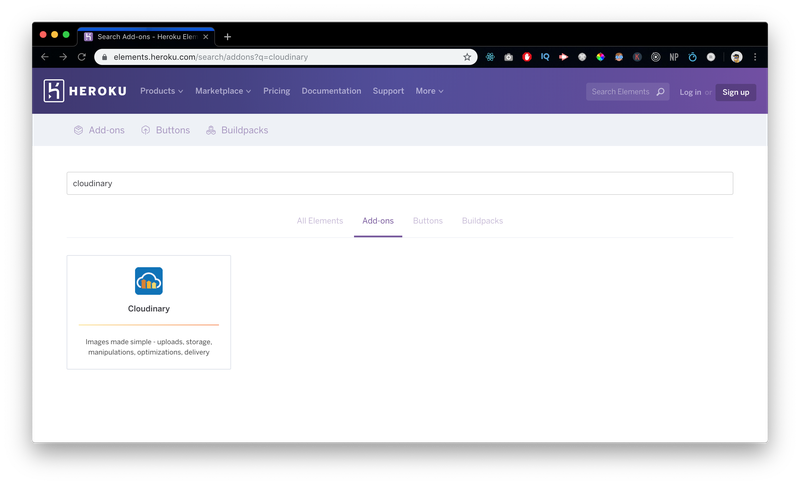
click on cloudinary and install it
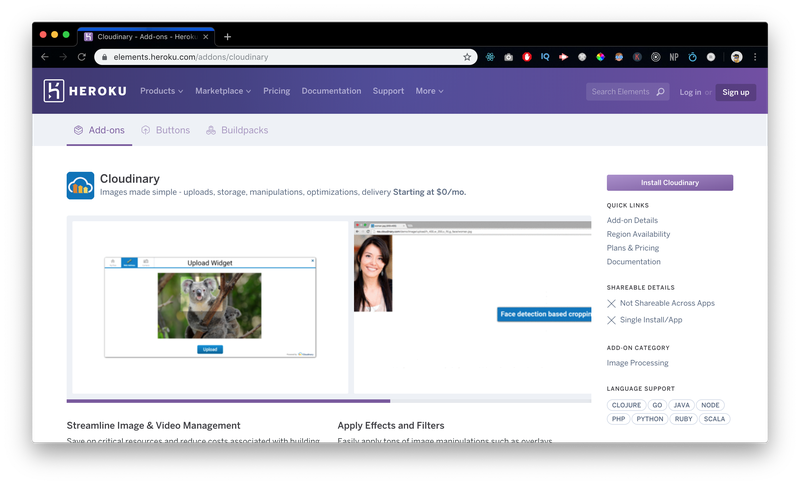
and connect it to your heroku app like I did here with "computervisiontools" a Django app in my heroku dashboard Also choose a plan to connect with I am choosing Free version here.
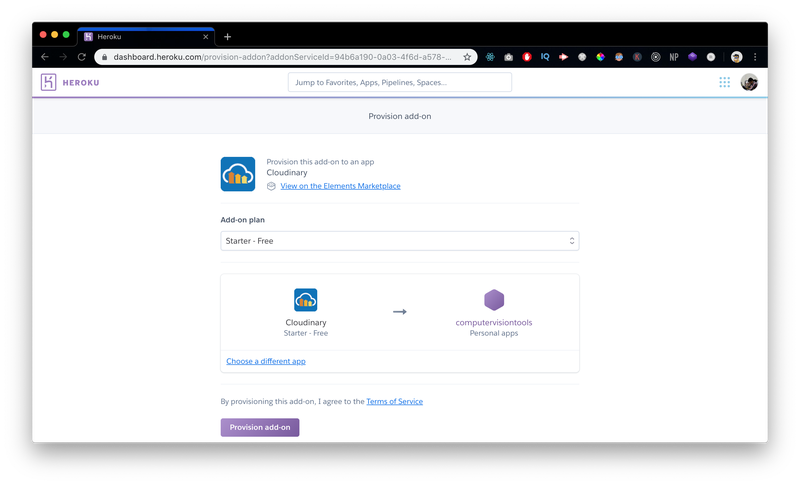
then click on just added addon Cloudinary to move to its dashboard.
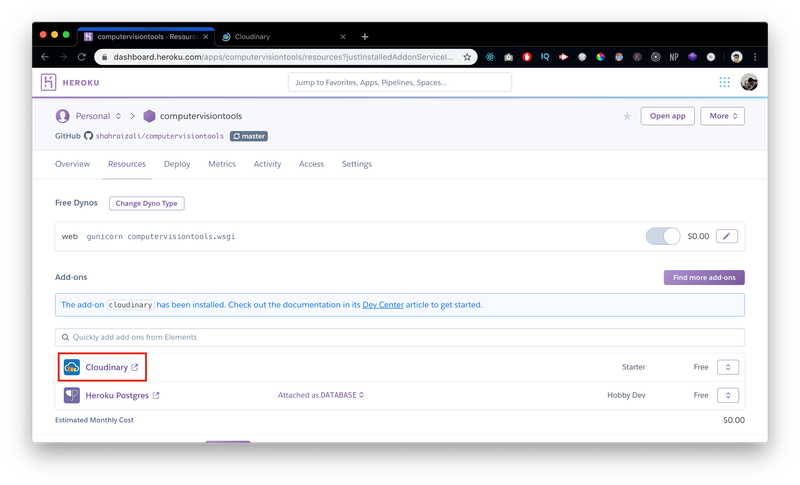
From this dashboard you will be able to see your credentials to connect with
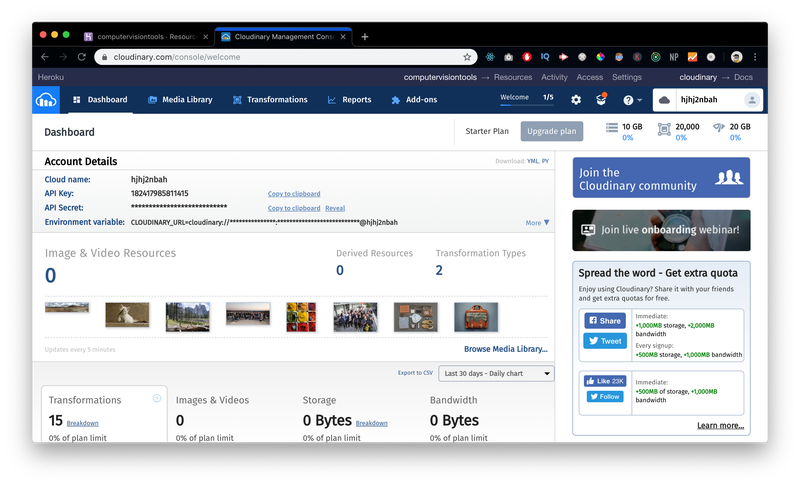
Use your CLOUD_NAME, API_KEY and API_SECRET to connect cloudinary to your django project
in your requirements.txt file add
...
cloudinary==1.17.0
django-cloudinary-storage==0.2.3
Install these dependencies
in settings.py file
add following to your settings file
INSTALLED_APPS = [
....
'cloudinary_storage',
'django.contrib.staticfiles',
....
'cloudinary',
]
and towards the end of file add
CLOUDINARY_STORAGE = {
'CLOUD_NAME': 'YOUR_CLOUD_NAME',
'API_KEY': 'YOUR_API_KEY',
'API_SECRET': 'YOUR_API_SECRET',
}
DEFAULT_FILE_STORAGE = 'cloudinary_storage.storage.MediaCloudinaryStorage'now whenever an image is uploaded its directly uploaded to cloudinary you can use all of the cloudinary features as well for manipulating images but if you don't still you have been able to store your media upto 10GB for free and on a very fast service it will cache and speed up your load times of images. I hight recommend it for SEO as well.
Whom this is not for ?
- for a bigger site which will be having alot of media Videos/Images. They should opt for S3 in my opinion unless they like cloudinary pricing better or want to work with cloudinary manipulations which are great tools to explore btw...
Whom this is definitely for ?
- Someone who has a small site and what to upload some dynamic content here and there like a profile picture and maybe some minimalistic blog and he wants to keep the images live and well organized as well like S3 but don't want to use AWS. This is definitely a choice to pick.
- Some MVP type of project that in starting can work with 10GB fine. And Even if you want to scale and one day move to some other service like S3 just go to cloudinary dashboard and download all of your Media ZIP and extract it maybe on S3 with minimal tweaking it should work like a charm because it keeps the directory structure and in you django db correct paths are saved just the source will switched from cloudinary to new service maybe s3.
